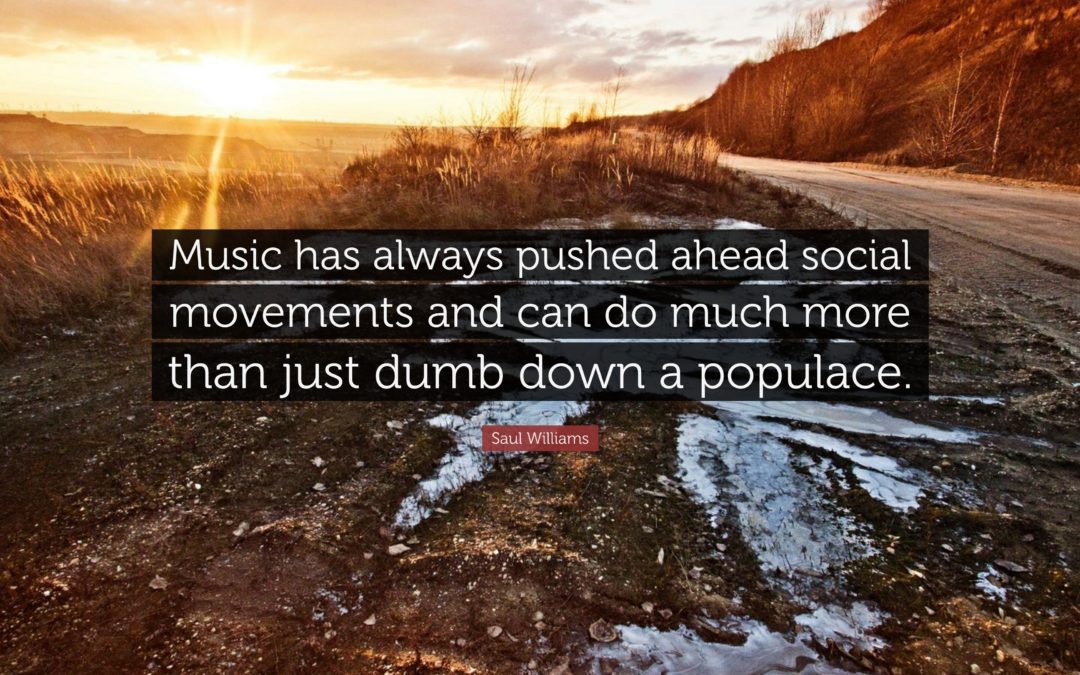
by Shaun Chamberlin | Feb 18, 2017 | All Posts, Climate Change, Cultural stories, Favourite posts, Reviews and recommendations
Because why not? I have a passion for tracking down that elusive rarity — songs that speak to our times of ecological collapse and don’t suck! And thanks to several Dark Optimism readers, my collection’s growing, from a wide range of genres. Back in 2011,...
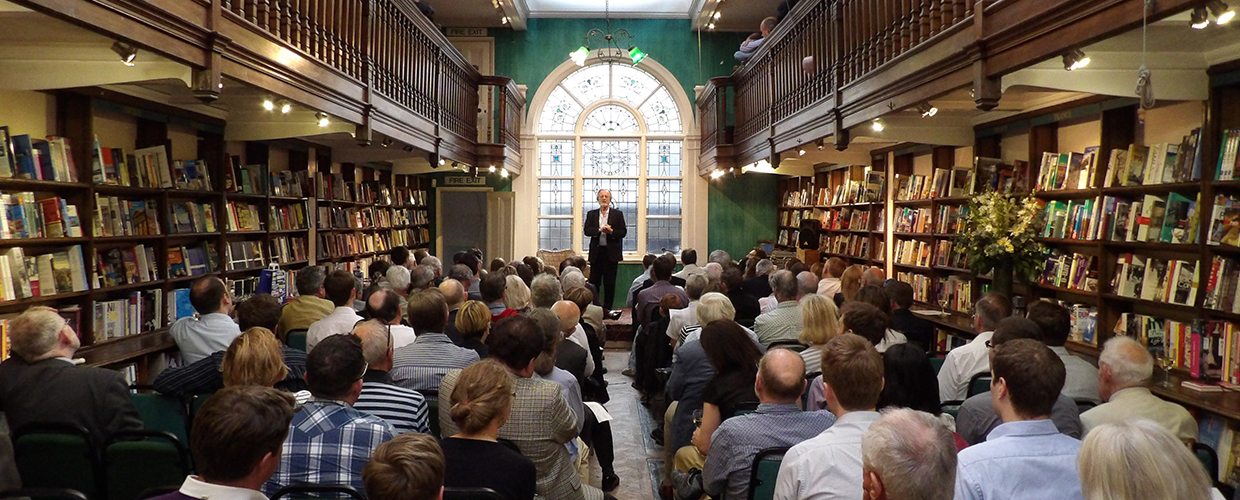
by Shaun Chamberlin | Sep 8, 2016 | All Posts, David Fleming, Lean Logic, Out and about, Reviews and recommendations, Surviving the Future
So, after years of work from me, and decades from David, the day is finally here – the official publication date for his astonishing lifework!! In truth, demand has already been such that the distributors have been struggling to keep up, but they’re...
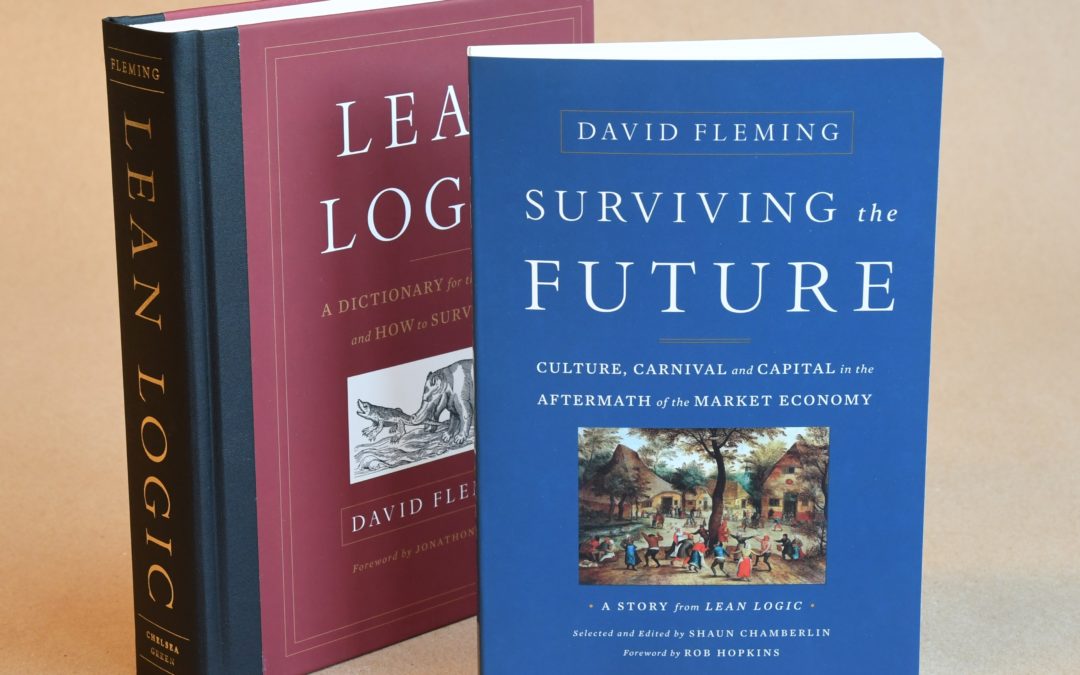
by Shaun Chamberlin | Aug 21, 2016 | All Posts, David Fleming, Economics, Lean Logic, Reviews and recommendations, Surviving the Future, TEQs (Tradable Energy Quotas)
Last week the wonderful Brianne Goodspeed of Chelsea Green Publishing interviewed me on my late mentor David Fleming and the astonishing gift he left to the world. His sudden death in 2010 left behind his great unpublished work—Lean Logic: A Dictionary for the Future...
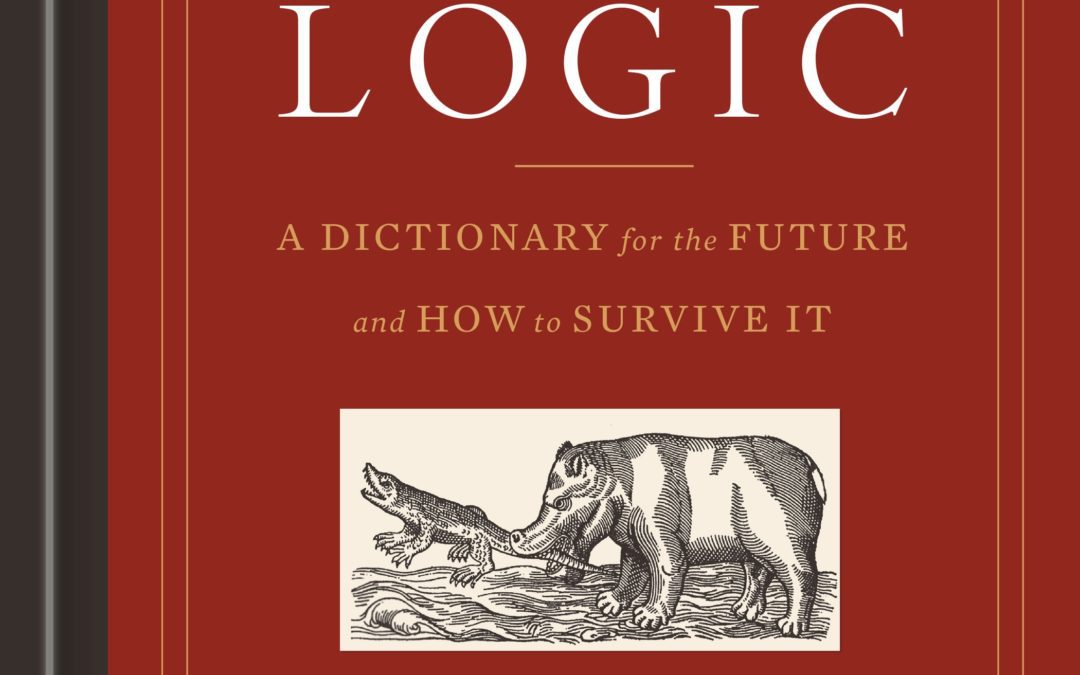
by Shaun Chamberlin | Nov 29, 2015 | All Posts, Cultural stories, David Fleming, Economics, Lean Logic, Reviews and recommendations
I am pleased and proud to be able to mark the 5th anniversary of my friend David Fleming‘s death with the news that his life’s work is approaching publication. I believe that a beautiful way to honour those we love after their death is to keep alive in the...
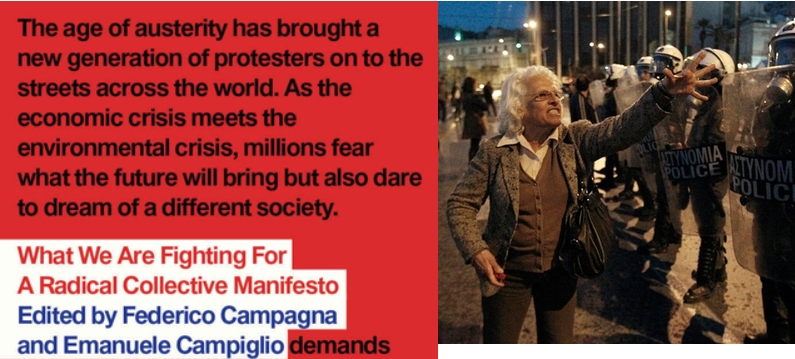
by Shaun Chamberlin | Sep 20, 2012 | All Posts, Cultural stories, Economics, Politics, Reviews and recommendations, TEQs (Tradable Energy Quotas), Transition Movement
Out today from Pluto Press is What We Are Fighting For: A Radical Collective Manifesto – a book to which I was delighted to contribute. My chapter, “The Struggle for Meaning”, wraps up the section on ‘New Economics’ and addresses our...








Recent Comments